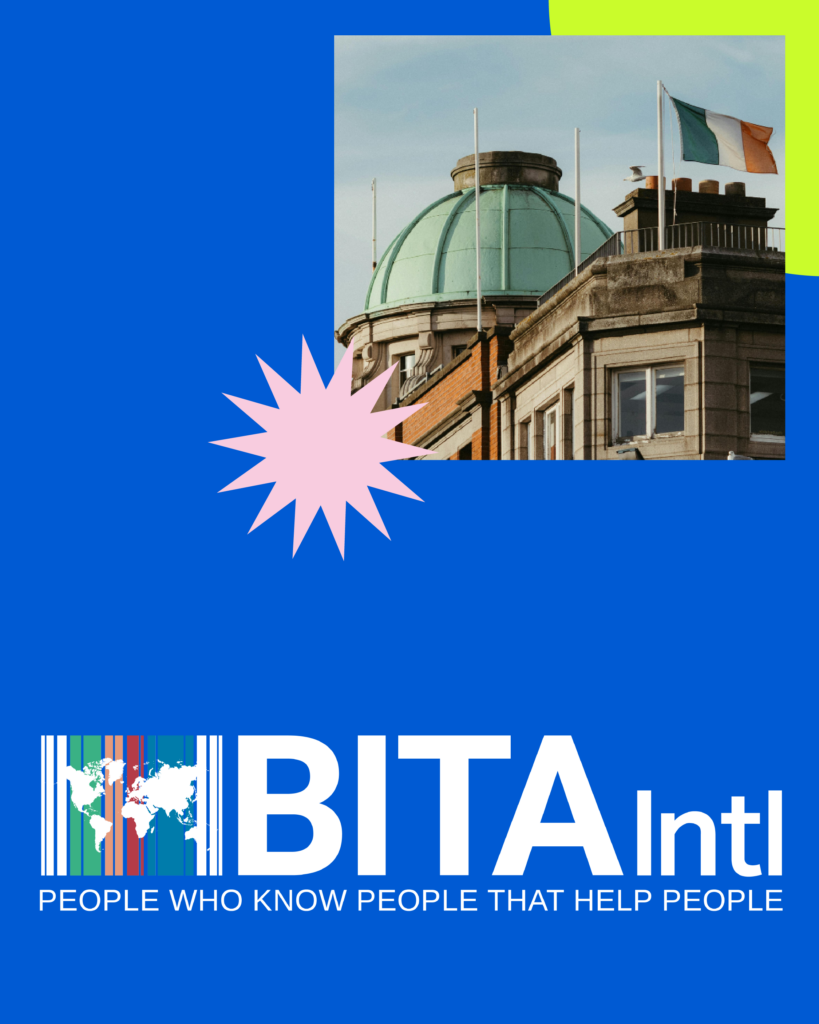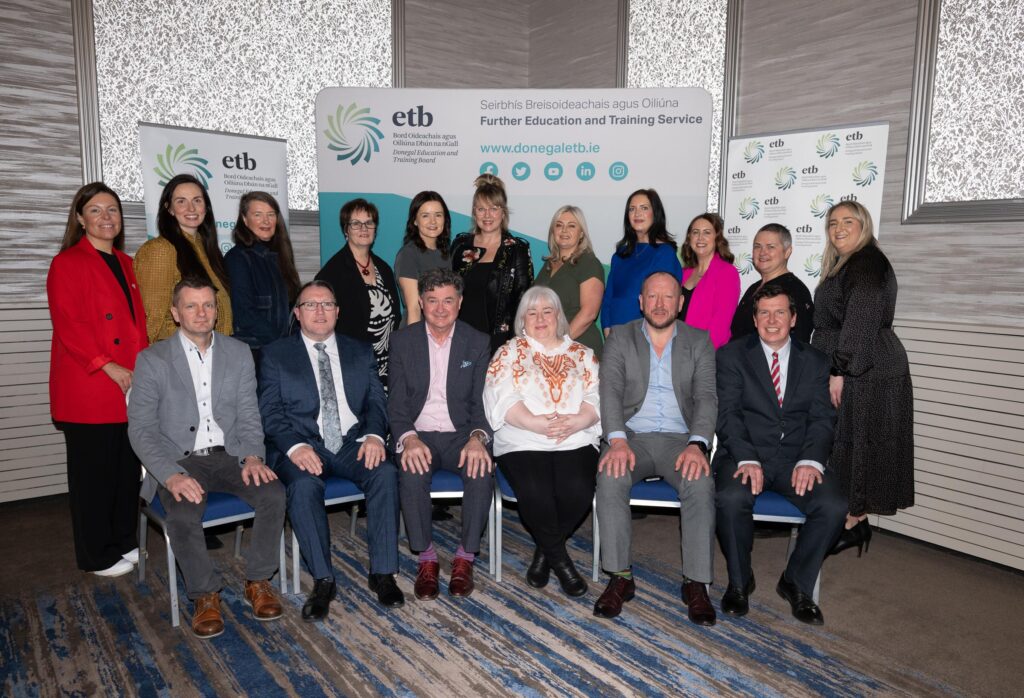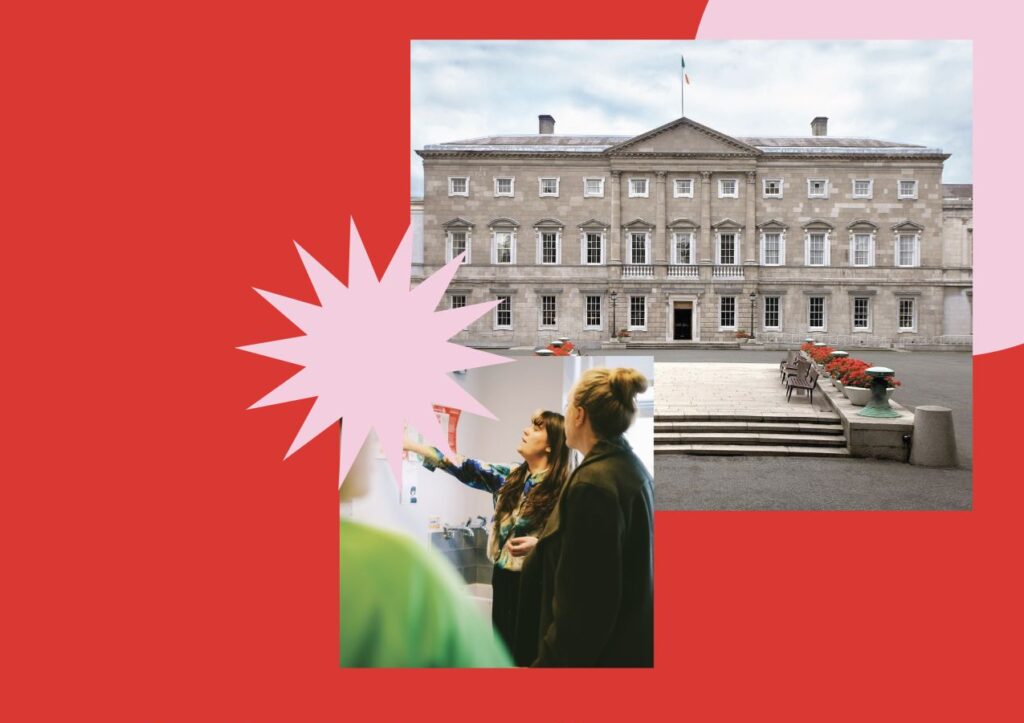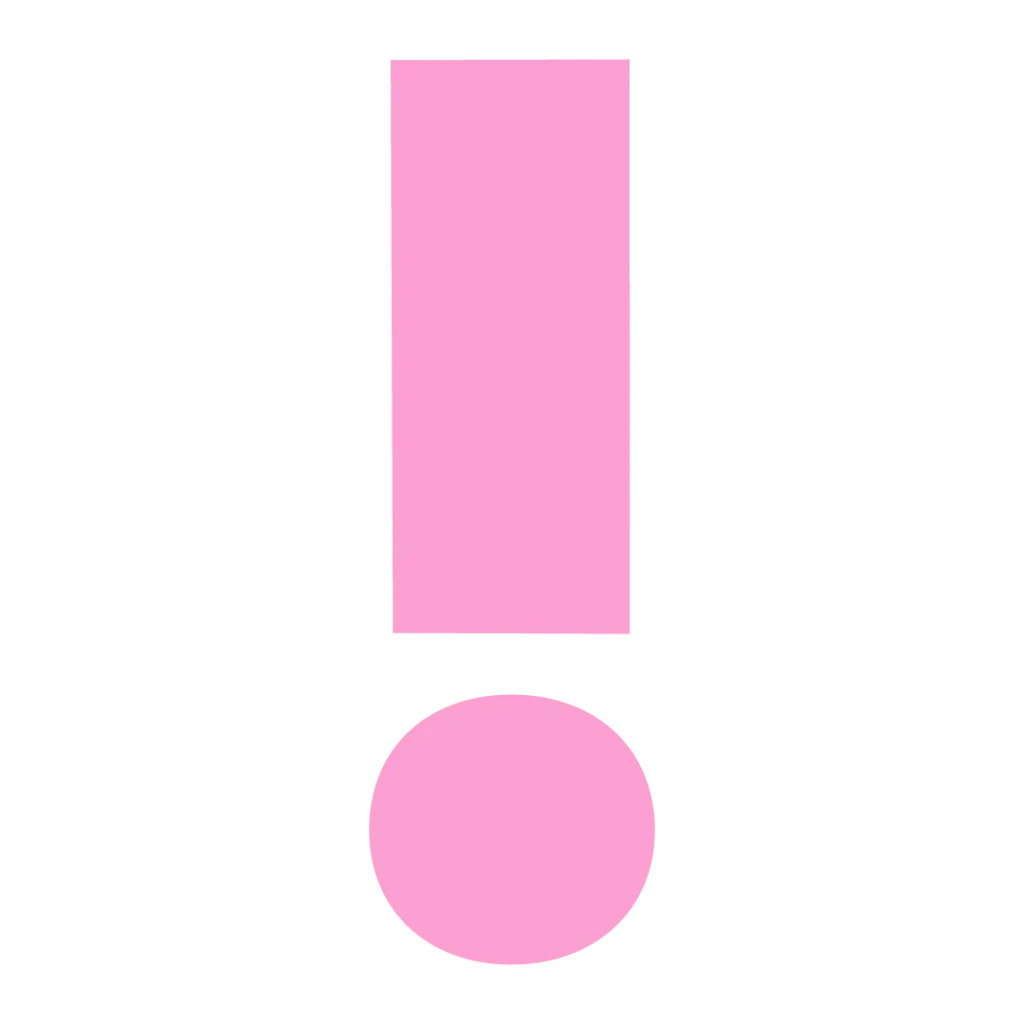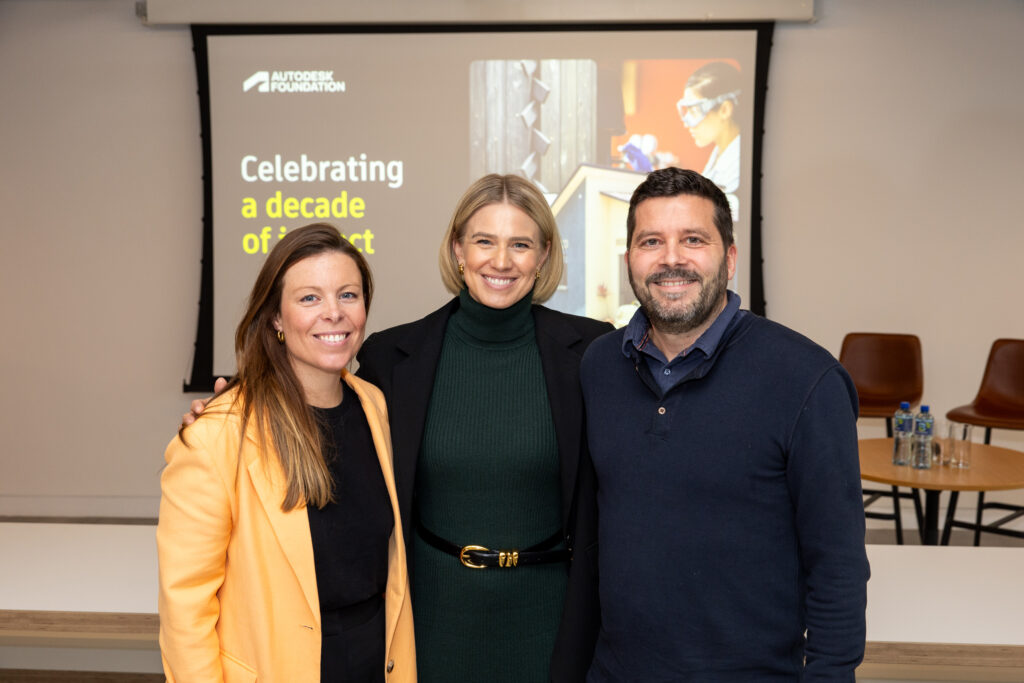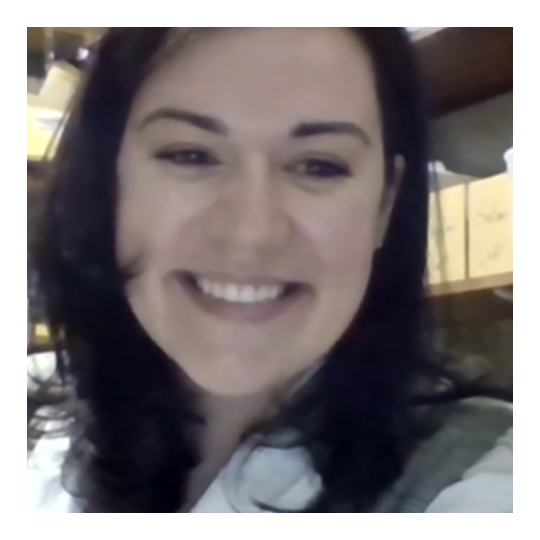
On Thursday 17 February, we hosted our B!G Idea Mentor Kick-Off session. It was a special event featuring returning mentor Cormac O’Conaire and returning teacher Deirdre Wilson. Both shared practical advice and insights based on their experience with the programme last year.
The session offered valuable guidance for mentors and teachers supporting students through The B!G Idea creative process.
Cormac O’Conaire is Chief Design Officer at Design Partners, one of The B!G Idea’s foundation partners. He began by sharing his honest reflections on mentoring.
Cormac:
“No, it wasn’t what I expected. When I signed up, I wanted to support the next generation of creatives. But as the start date approached, I wondered if it would be a big time commitment. In reality, the process was well structured and easy to follow. It was enjoyable and didn’t take as much time as I had imagined.
The most challenging part was making sure my feedback was clear and focused. Many students had never experienced a creative process before. Seeing their excitement when they discovered creative thinking and problem-solving was fantastic.”
Cormac:
“My biggest tip is to simplify your language. Many of us are used to working with design professionals. However, students may not understand industry terms or design jargon.
For example, instead of saying ‘conduct research’, explain exactly what that means. Suggest that they ask family or friends about the problem they are solving. Encourage them to gather opinions and ideas. Clear and practical feedback helps students develop their thinking much more effectively.”
Cormac:
“Students often become attached to their first idea. Mentors should encourage them to explore multiple possibilities. Help them think broadly and set ambitious goals. Introducing the basics of the creative process can really strengthen their creative problem-solving skills.”
Next, we heard from Deirdre Wilson, a teacher at St. Leo’s College in Carlow. Deirdre teaches Science, Biology, and Physics and brings strong STEM experience to the programme.
Deirdre:
“They’re doing really well. When the Swag bags arrived, we spent time exploring the LEGO and materials. It’s all part of the creative process. Students are now realising how much work they’ve already done. They’re excited to receive mentor feedback and even started choosing mentors they’d like to work with.”
Deirdre:
“Students really value feedback from industry mentors. When advice comes from professionals, they take it seriously. One student even said, ‘Miss, these are real-life people.’ That external perspective motivates them and builds confidence.”
Deirdre:
“They’re discovering how broad creative careers can be. At the start, some thought design only meant art. Now they understand that design and creativity exist across many industries. That’s a powerful learning moment.”
Deirdre:
“Specific and clear feedback works best. Instead of saying ‘do more research’, ask direct questions like ‘what would happen if…?’ This gives students a starting point. Keep feedback short, simple, and focused on one strong idea. Students often generate many ideas, but they need support to focus on one and develop it fully.”
The Mentor Kick-Off session highlighted the value of collaboration between mentors, teachers, and students. Clear communication, practical feedback, and encouragement all help students grow in confidence and creativity.
A huge thank you to Cormac and Deirdre for sharing their time, experience, and insights with our mentor community.
Click the link below to watch the full session and learn more about supporting the next generation of creative thinkers.
